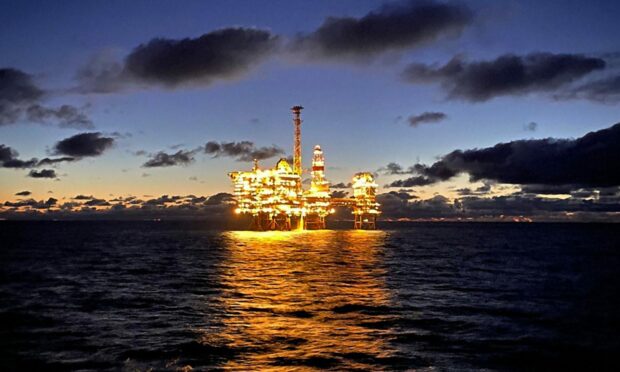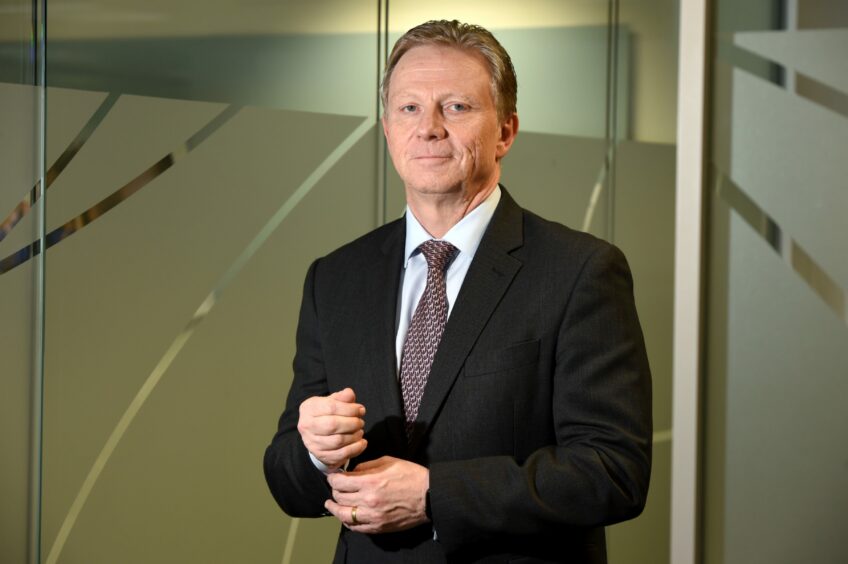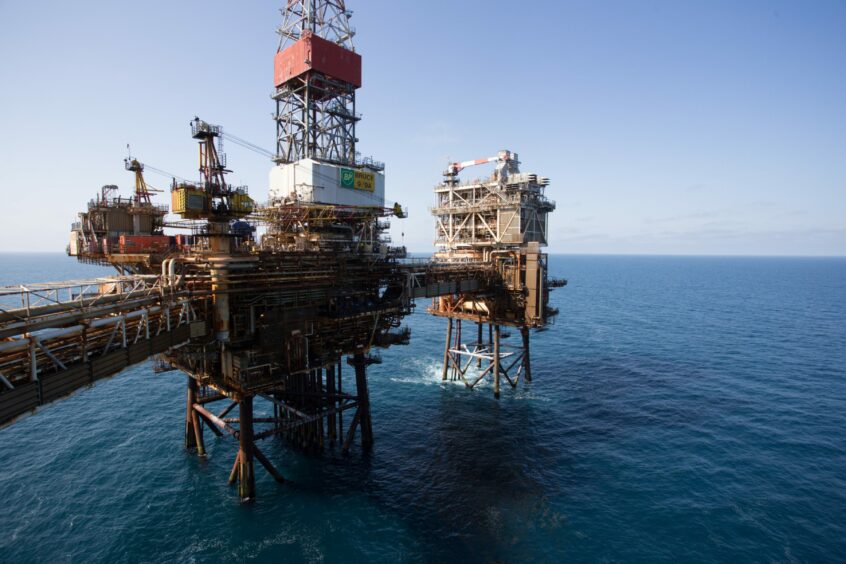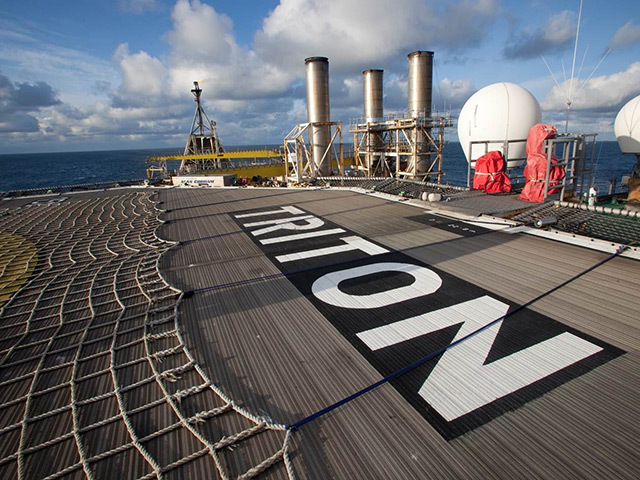North Sea oil and gas firm Serica Energy hit out at “wholly unwelcome” North Sea taxes as it reported a 53% jump in half-year profits.
The London-listed company also announced a 9p interim dividend for shareholders.
But shares in the firm slid more than 5% today, with units of the stock worth 253.8p at market close.
Serica said it shared “widespread concerns” in the industry over the UK’s controversial energy profits levy (EPL), or “windfall” tax.
EPL’s claw-back clause offsets tax take
This is despite short-term tax incentives related to the EPL benefiting some of the company’s projects during the six months to June 30.
An 80% investment allowance linked to the levy means that, combined with other measures, North Sea firms can recover £91.40 for every £100 they spend on new projects. This is in place for the lifetime of the tax, which is due to end in March 2028.
Serica said it was using these allowances for several projects, including work on its Bruce field. It also has a “significant” four-well drilling campaign on its Triton Area assets, covering Bittern, Gannet E, Guillemot NW and Evelyn, in the pipeline for 2014.
Today's interim results reflect a step change in the scale and diversity of our assets following our acquisition of Tailwind. We are pleased to announce an interim dividend of 9p per share and a dynamic organic investment programme over the next 18 months https://t.co/U0y4me6TNB pic.twitter.com/WoxiBiJYQa
— Serica Energy plc (@SericaEnergyplc) September 19, 2023
Mitch Flegg, chief executive, Serica, said: “The common theme amongst these capital projects is that they are all designed to quickly add production from existing fields without the requirement for substantial new infrastructure. These short-cycle investments benefit from investment allowances under the EPL and have the capability to add significant reserves and production.”
Mr Flegg said Serica’s reserve-boosting acquisition of Tailwind Energy Investments, completed in March, was a “step change in the scale and diversity” of the company.
He added: “We have stated consistently our intention to continue investing in the enlarged portfolio, to add to it in a disciplined fashion if the right opportunities arise.”
The problems we see need to be addressed urgently in order to restore confidence in the sector.”
Mitch Clegg, CEO, Serica Energy
But he warned: “Serica’s current circumstances and optimism, reflected in its investment plans, should not mask the fact we share the widespread concerns within the sector about the health of the UK’s offshore upstream industry, given the current fiscal regime and future uncertainties.
“We welcome the UK Government’s recent ‘call for evidence’ regarding long term fiscal policy.
“However, the problems we see need to be addressed urgently in order to restore confidence in the sector.”
“The EPL is a wholly unwelcome burden that is already leading to the delay and cancellation of longer-term investment projects across the sector.”
Rishi Sunak’s government is gathering opinions on how taxation impacts the sector long-term. This won’t cover the EPL as it was introduced as a short-term measure.
London and Aberdeen-based Serica inherited “significant” tax losses through its £644 million acquisition of Tailwind. These pared back its total tax bill for the first half of 2023 to £122.8m, including £61.1m for the EPL, compared with £77.7m a year ago.
Serica has enjoyed a big boost to output since taking over Tailwind.
First half production totalled 49,350 barrels of oil equivalent (boe) per day, up from 38,100boe during the same period in 2022. The latest total was 55% gas and 45% oil.
Serica reported pre-tax profits of £298.2m for the first six months of 2023, up from £194.4m last year. Revenue for the latest period totalled £340.6m, down from £353.4m previously, as lower commodity prices hit sales.
An investment expert’s view
Neil Shah, head of research at investment research and consultancy firm Edison Group, said: “From a financial standpoint, Serica’s performance is commendable.
“The fiscal backdrop in the UK’s offshore upstream sector remains a concern.
“Despite welcoming the UK government’s recent endeavours into long-term fiscal policy, the sector’s confidence restoration requires prompt attention.”
Serica’s UK North Sea portfolio
Serica’s producing assets are focused around two main hubs: the Bruce, Keith and Rhum fields in the northern North Sea, which it operates, and a mix of operated and non-operated fields tied back to the Triton floating production storage and offloading vessel.
The company also has operated stakes in the producing Columbus (central North Sea) and Orlando (northern North Sea) fields, plus a non-operated interest in the producing Erskine field (central North Sea).




Conversation